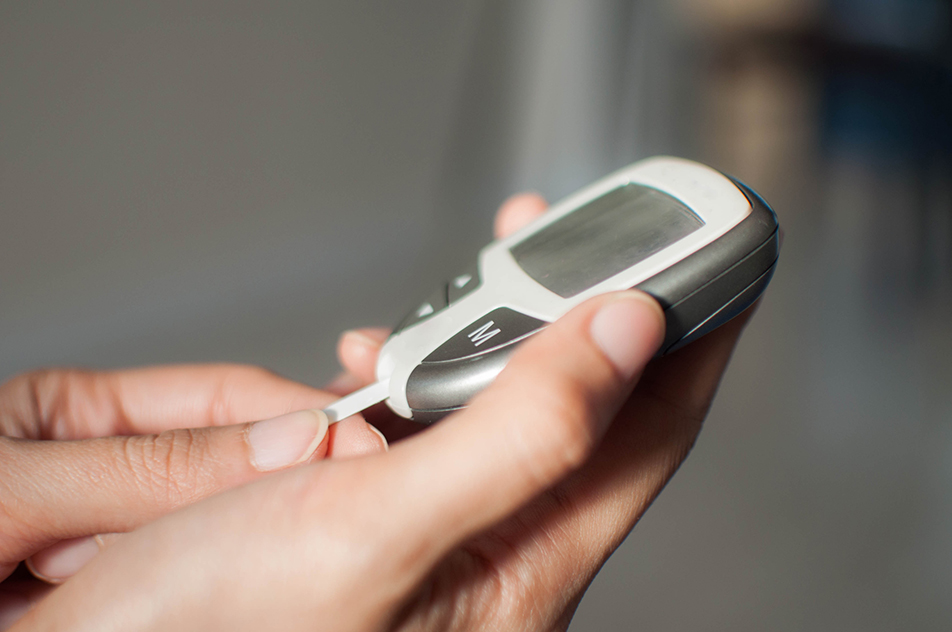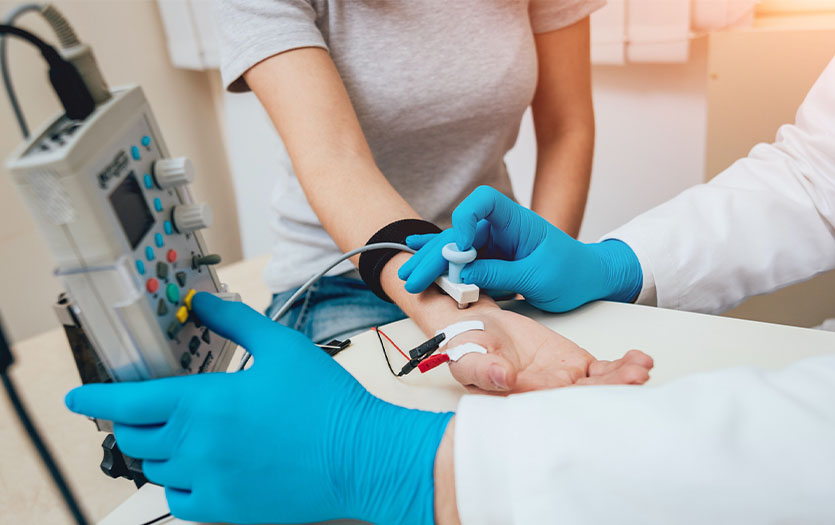
Join us as Leigh Ann Brooks, RN, BSN, RD, CD, CDE, nursing services operational lead, Diabetes Education Center, kicks off National Diabetes Education Week by discussing the many benefits of certified diabetes educators and how joining self-management support programs can be helpful in managing the disease.
Living with and managing diabetes is not an easy task. Your life is filled with constant planning. It’s not enough to perpetually be thinking about the food you consume, you must also keep in mind the right time to exercise, when to take medications, how to monitor your glucose levels and in general cope with a lifelong condition. Managing these tasks can be overwhelming and stressful. The good news is you don’t have to do it alone.
Fortunately, you can gain knowledge and support for your diabetes by attending Diabetes Self-Management Education and Support (DSMES) services. DSMES services are designed to provide individualized, patient-centered education and support to help you adopt lifestyle habits to control blood sugars and reduce your risks of diabetes-related health problems.
When it comes to diabetes, knowledge is a powerful key to successful self-management and being able to make decisions that impact your health. Research studies have shown that patients who participate in DSMES services gain better control of their blood sugars and are less likely to develop complications. Most DSMES services are led by health care professionals, usually registered nurses and dietitians who have special training in diabetes or are certified diabetes educators (CDE).
It’s important to remember that DSMES is a process, rather than a single appointment or series of events. When you attend a DSMES program, you can expect the following:
- A comprehensive diabetes assessment
- An individualized education plan to address:
- Healthy eating
- Being active
- Taking Medications
- Monitoring blood sugars
- Avoiding complications
- Problem-solving
- Healthy coping
- Support in developing goals and a personal support plan
- Ongoing follow up support
- Constant communication with your provider regarding your progress
Whether you are newly diagnosed and need initial training or have a long-standing history of diabetes and need a refresher, speak with your healthcare provider about getting a referral to a DSMES program. Getting better control now is an investment that will pay off in the future.



